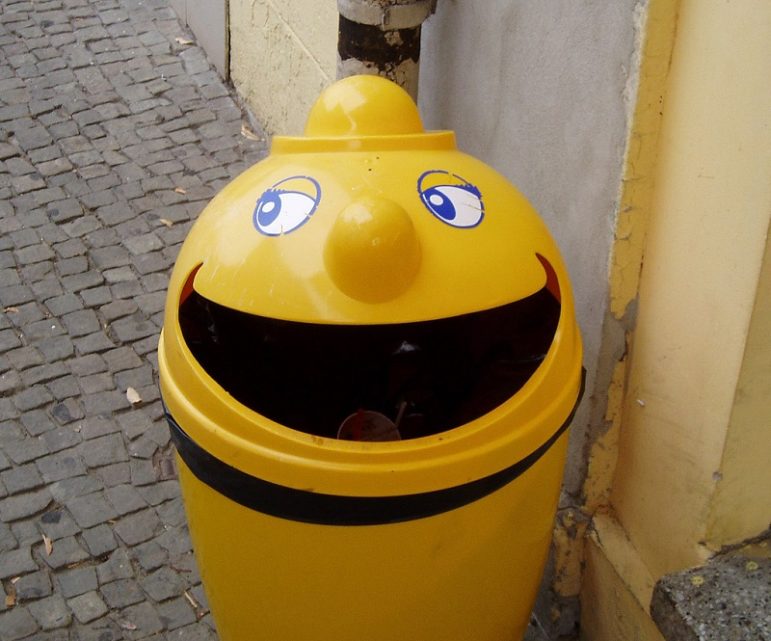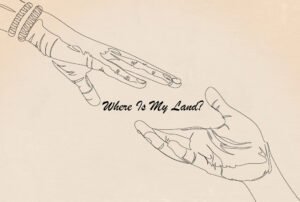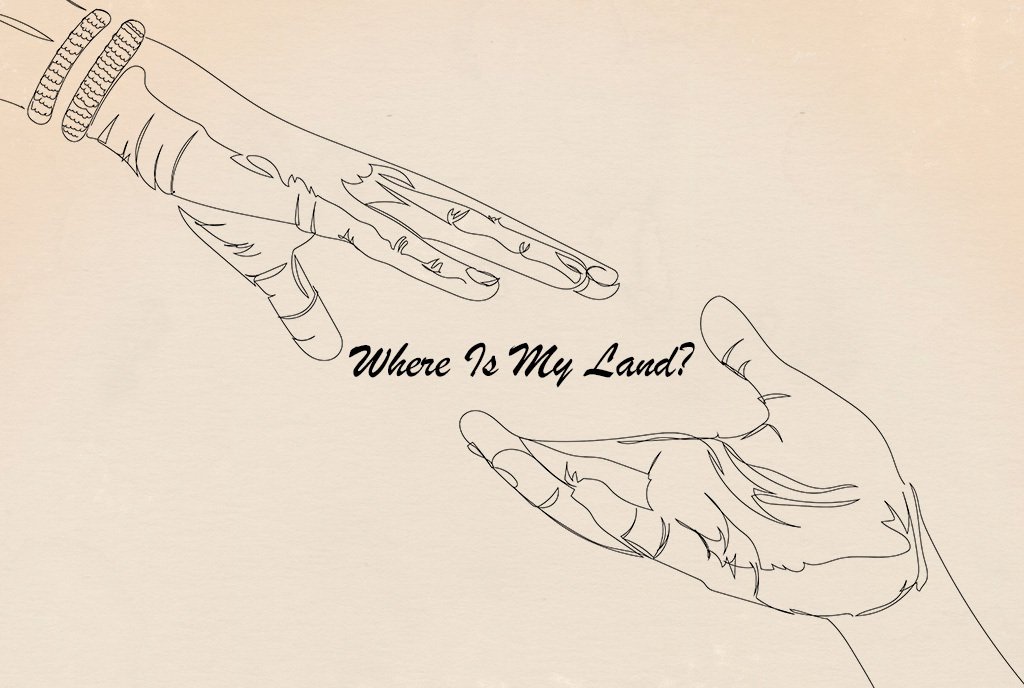
January 12, 2017; MarketWatch
The number of media organizations that Donald Trump deems beneath contempt continues to grow. For example, he called BuzzFeed “a failing pile of garbage” at his press conference on Wednesday.
“They’re gonna suffer the consequences,” he said.
And, indeed, in this case, many journalists agree with Trump on this one, expressing concerns about the ethics of publishing of a dossier allegedly containing sensitive information collected by the Russian government on the president-elect. BuzzFeed, however, decided to try to use the moment to its advantage, putting its experimental social commerce team to work on a line of “failing pile of garbage” products that ran the gamut from t-shirts and bumper stickers to actual garbage cans.
A flash sale of the products lasted until midnight and netted more than $25,000, which the for-profit company will donate to the Committee to Protect Journalists, which has already seen a spike in donations after Meryl Streep made a call for their support at the Golden Globes.
About the unexpected windfall, Rob Mahoney, deputy executive director at CPJ, said, “We appreciate BuzzFeed’s continued generosity and support in our mission, which is to promote press freedom worldwide by defending the rights of all journalists to work without fear of reprisal.”
Sign up for our free newsletters
Subscribe to NPQ's newsletters to have our top stories delivered directly to your inbox.
By signing up, you agree to our privacy policy and terms of use, and to receive messages from NPQ and our partners.
Not all journalists disagreed with BuzzFeed’s decision to run the content of the dossier, by the way. Dick Tofel, president of ProPublica, tweeted that the public was already in dialogue about the dossier without access to its contents.
Thus the dossier became focus of public debate. What remained was whether the debaters
should be allowed to know what they were debating /4— Richard Tofel (@dicktofel) January 11, 2017
The publication of the material would allow the debaters of the issue to know what they were debating and accelerate the determination of whether any truth is contained in the document.
“If you oppose the BuzzFeed decision to publish,” he tweeted, “you need to explain why citizens should not be allowed to see the dossier.” He argues that BuzzFeed was very clearly describing the unverified nature of the document which distinguishes it from “fake news.”—Ruth McCambridge












